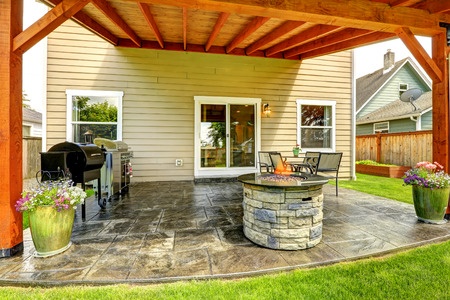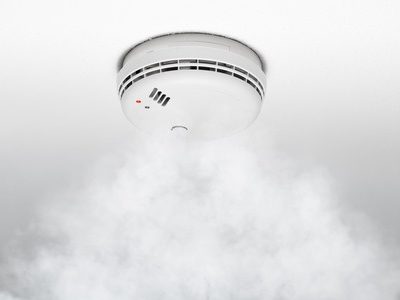

Top Barbecue Food Safety Tips
Cooking on the barbeque has always been popular in the summer but in recent years more than half of Americans say they are cooking outdoors year round. It is just as important to follow food safety guidelines to prevent foodborne illness while using the barbeque as using other cooking methods.
Top Barbecue Food Safety Tips
Grocery shopping
- Always pull meat, fish and poultry at the end of your shopping trip.
- Separate raw meat and poultry from other food in your shopping cart and guard against cross-contamination by wrapping raw meat and poultry into plastic bags.
- Drive straight home from the grocery store and put your meat into the fridge or freezer upon arrival.
- Freeze poultry and ground meat that won’t be used within 2 days; freeze other meat within four to five days.
- As an extra precaution, you may wish to bring a cooler with ice in your vehicle for the meat and poultry on the ride home. This is especially important when the temperature is above 90 °F.
Thawing
- Completely thaw meat and poultry before grilling so it cooks evenly.
- Ideally, thaw meat and poultry in the refrigerator over many hours.
- For a slightly quicker option, sealed packages may be thawed in cold water.
- For the fastest thawing, you can defrost the meat in the microwave if you are planning to put the food on the grill immediately.
Marinating
- Marinate meats in a sealed container kept in the refrigerator.
- Poultry and cubed meat or stew meat can be marinated up to two days. Beef, veal, pork, lamb roasts, chops and steaks may be marinated up to five days.
- Avoid cross-contamination: if you are planning to use some of the marinade as a sauce on the cooked food, set aside a portion before placing the raw meat and poultry in the marinade.
- If the marinade used on raw meat or poultry is to be re-used, bring it to a boil first to destroy any harmful bacteria.
Keep meat cold
- Meat and poultry should be kept refrigerated until ready to use. Only take out the meat and poultry when you are ready to place it on the grill.
- If you are using a cooler to keep meat cold; avoid opening the lid and keep it in a shaded spot. Use one cooler for drinks and one for meats.
Cleanliness
- Never use the same platter and utensils for raw and cooked meat and poultry without washing them in soapy water first.
- Wash hands after handling raw meat.
Pre-cooking
- It is safe to partially pre-cook meats in the microwave, oven or stove. Pre-cooking is a good way to reduce grilling time as long as the food goes immediately on the pre-heated grill to complete cooking.
Cook thoroughly
- Meats must be cooked to their recommended internal temperature to destroy harmful bacteria.
- Meat and poultry cooked on a grill often browns very fast on the outside so it is best to use a food thermometer to be sure the food has reached a safe minimum internal temperature.
- Never partially grill meat or poultry and finish cooking later.
Meats: Cook all raw beef, pork, chops and roasts, lamb and veal steaks to a minimum internal temperature of 145 °F before removing meat from the heat source. For safety and quality, allow meat to rest for at least three minutes before carving or eating.
Ground Meats: Cook all raw ground beef, pork, lamb and veal to an internal temperature of 160 °F.
Poultry: Cook all poultry to a safe minimum internal temperature of 165 °F.
Re-heating
- When re-heating fully cooked meats; grill to 165 °F or until food is steaming hot in the center.
Keep cooked food hot
- After cooking meat and poultry on the grill, keep it hot until served at a temperature of 140 °F or warmer.
- Set cooked meats on the side of the grill rack or in a heated oven set to 200 °F once they are cooked.
Serving
- Serve cooked meat on a clean platter.
- In hot weather (above 90 °F), food should never sit out for more than one hour.
Leftovers
- Refrigerate any leftovers promptly in shallow, covered containers.
- Toss any food left out more than two hours (one hour if temperatures are above 90 °F).
If you or a loved one were injured in an accident, you have enough to deal with. Let an experienced accident attorney fight for the full compensation that you deserve. It is not uncommon to receive a settlement from the insurance company that is five to ten times bigger with the help of a lawyer. Call the caring accident attorneys at Tario & Associates, P.S. in Bellingham, WA today for a FREE consultation! We have been representing residents of Whatcom County, Skagit County, Island County and Snohomish County since 1979. You will pay nothing up front and no attorney fees at all unless we recover damages for you!




